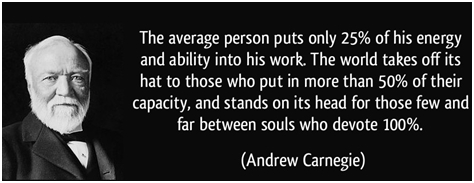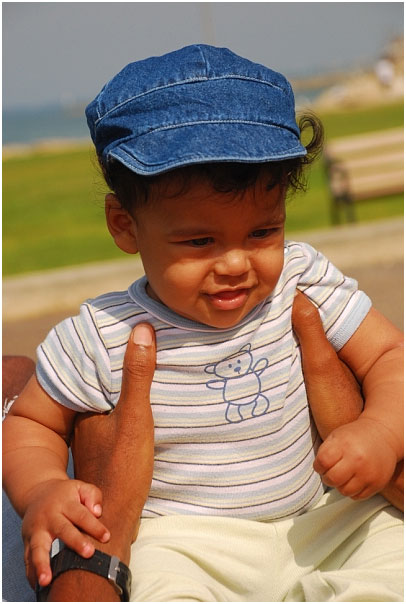
Parenting is the oldest and most important jobs in history. Without it, we would not have over 7 billion people living on this planet. Most people want to be good parents. They want to raise responsible, happy, independent and successful kids. Even if we have kids for the purely biological reason of reproducing, we must ensure the future of our offspring, right? So nobody wants to make too many parenting mistakes.
I have been a parent for 26 years. As an educator, I also worked with many kids and had a lot of contact with parents on the way to becoming a parenting expert.
Over the years, I have written over 1,500 articles about parenting, happiness, and education. All my articles focus on the mission of raising happy, successful, friendly, smart, responsible and independent children. The rules of parenting are very clear and there is a variety of things you can do as a parent to ensure that your offspring will survive, be happy, be successful and your bloodline will continue for years to come. What you need to make sure is that you pass on to your kids more than just “blood”, more than just the things that transfers the second you conceive your kids (those genes stored in sperm or egg).
Parenting is also about transferring what is in your heart – your attitude. If you have the right attitude, you are more likely to be able to ensure a good future relationship for you and your kids. If your attitude is bad, you run the risk of being erased from your children’s lives. If you want to know how serious this is, read our post Divorcing Your Parents to see how many people are not in a relationship with their own parents. Imagine trying to pass on your legacy when you are not involved in the lives of your kids and grandkids.
Some parenting mistakes are not easily fixed, but it is never too late to start making a change. Here are some of the parenting mistakes that many parents make that can destroy the relationship between them and their children.
Read 15 Parenting Mistakes »















